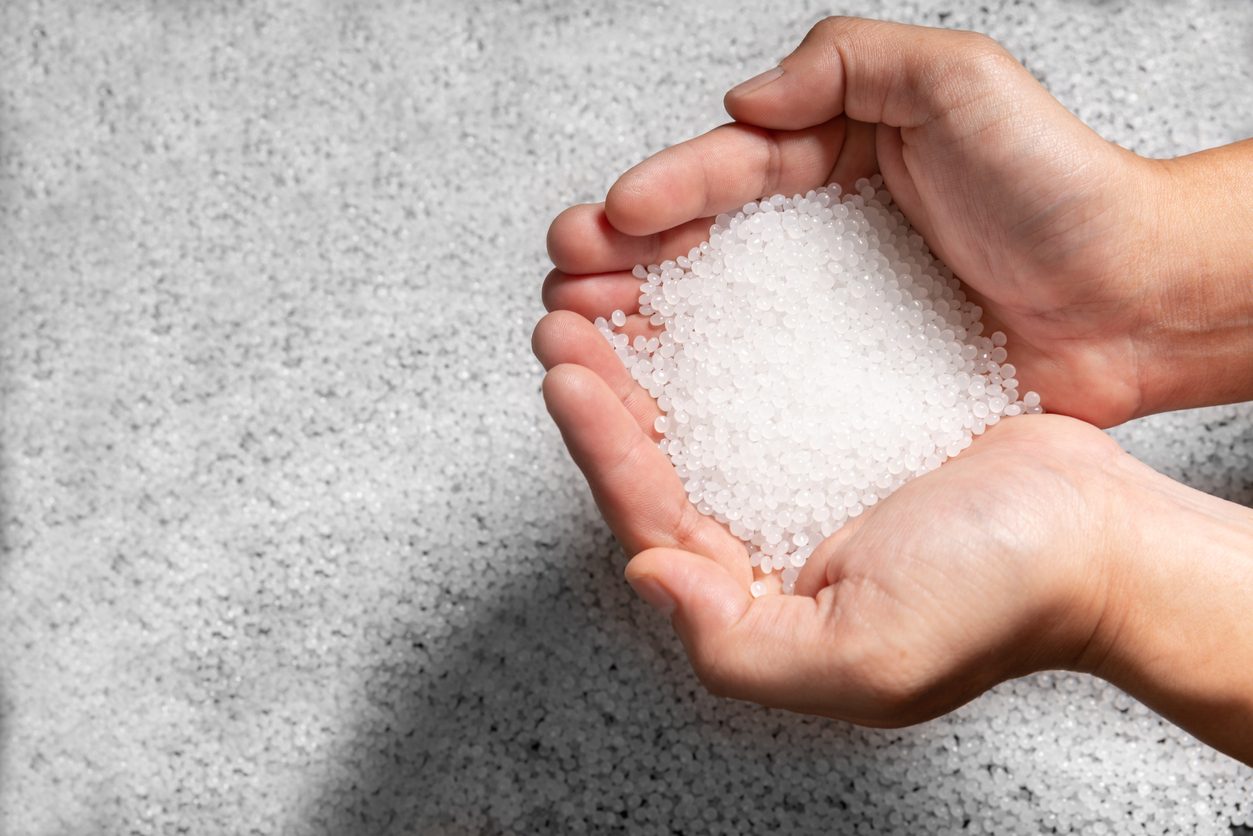REDUCTIVE ALKYLATION
Reductive Alkylation of amines involves the formation of imine intermediates with carbonyl compounds, which on hydrogenation, result in an alkyl group being added to the amine. Also known as reductive amination of carbonyl compounds, this reaction plays an important role in specialty chemical, pharmaceutical, and medicinal chemistry. Applied Catalysts offer catalysts, services, and systems for reductive alkylation.
01
How Our Reductive Alkylation Services Help You
The reductive alkylation of amines with aldehydes under Hydrogen is another part of the process chemical toolkit to create chemically-upgraded intermediates to higher-value products. Primary amines and secondary amines can have alkyl groups added by reductive alkylation.
02
Pain Points We Solve
Applied Catalysts can assist you with the selection of catalysts for the selective reductive alkylation of amine substrates, run these processes at our lab and show tube scale, and deliver modular systems at commercial scale.
Bring Us Your Challenge
Are You a Catalyst, Service or Systems Provider?
CATALYST DEVELOPMENT SERVICES
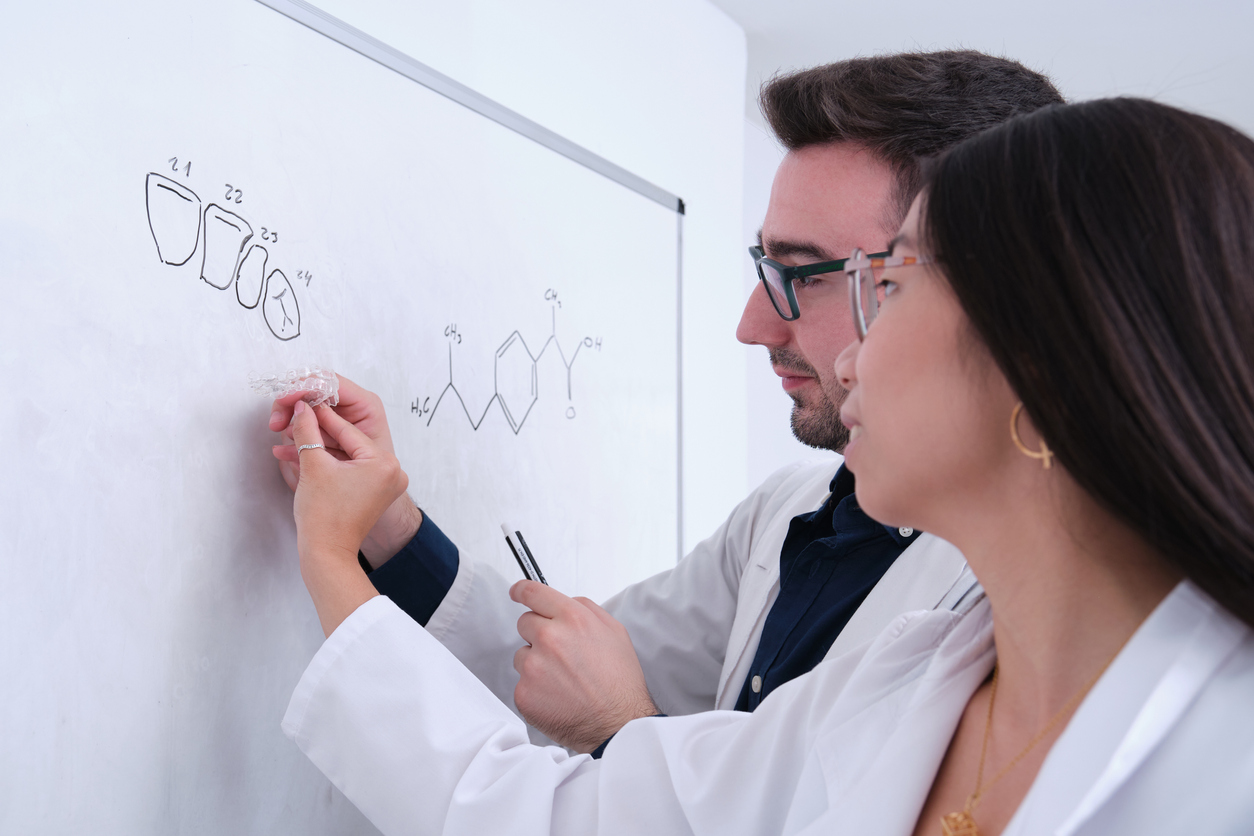
Catalyst Development
Applied Catalysts offers catalyst development services based on heterogeneous catalysts. Combining our testing services with our catalyst development services accelerates project success and maximizes value creation for the customer.
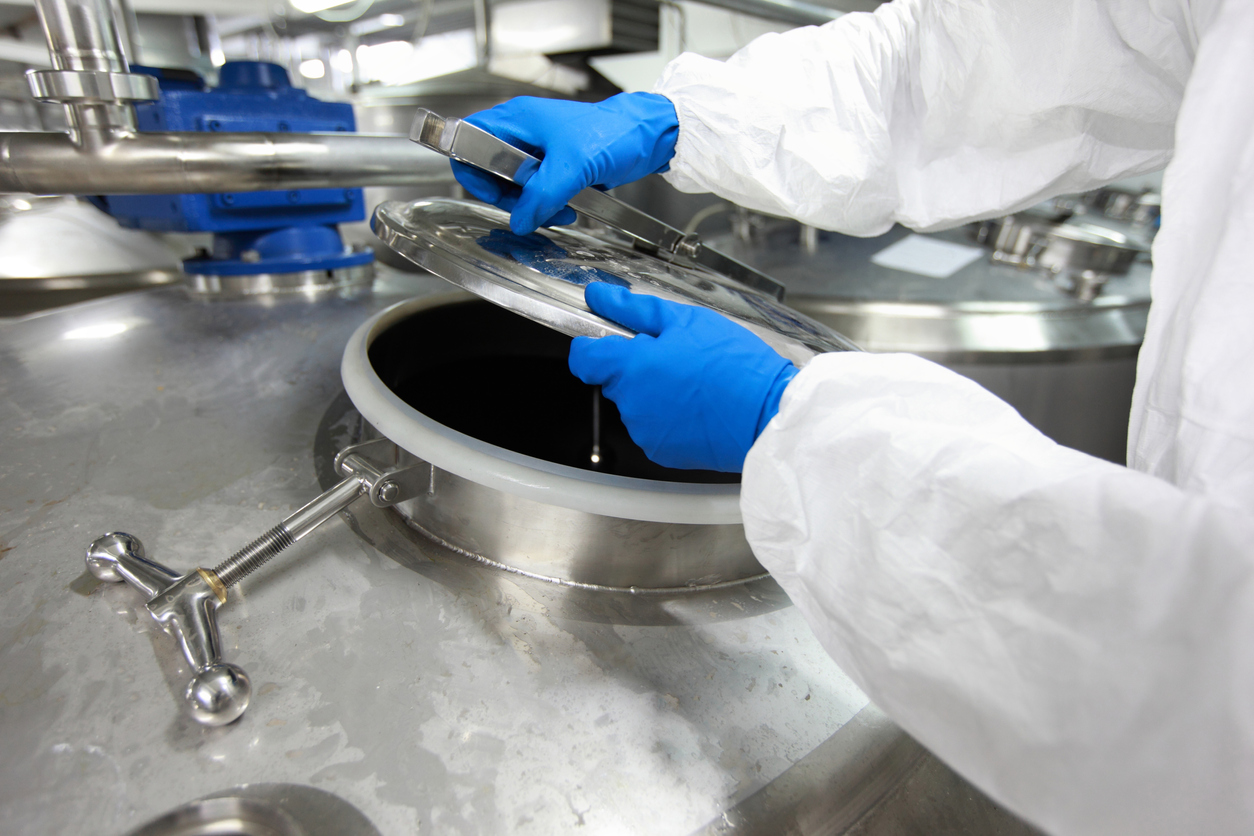
Catalyst Sourcing
There will be times when alternate suppliers are needed. As a supplier of catalyst and process technology ourselves, we can help customers source catalysts and chemicals in many areas.

Catalyst Testing
We offer lab-scale and show-tube scale testing of hydrogenation and other chemical processes under reductive or inert conditions. Other chemistries can also be run by request.
CATALYST SYSTEMS
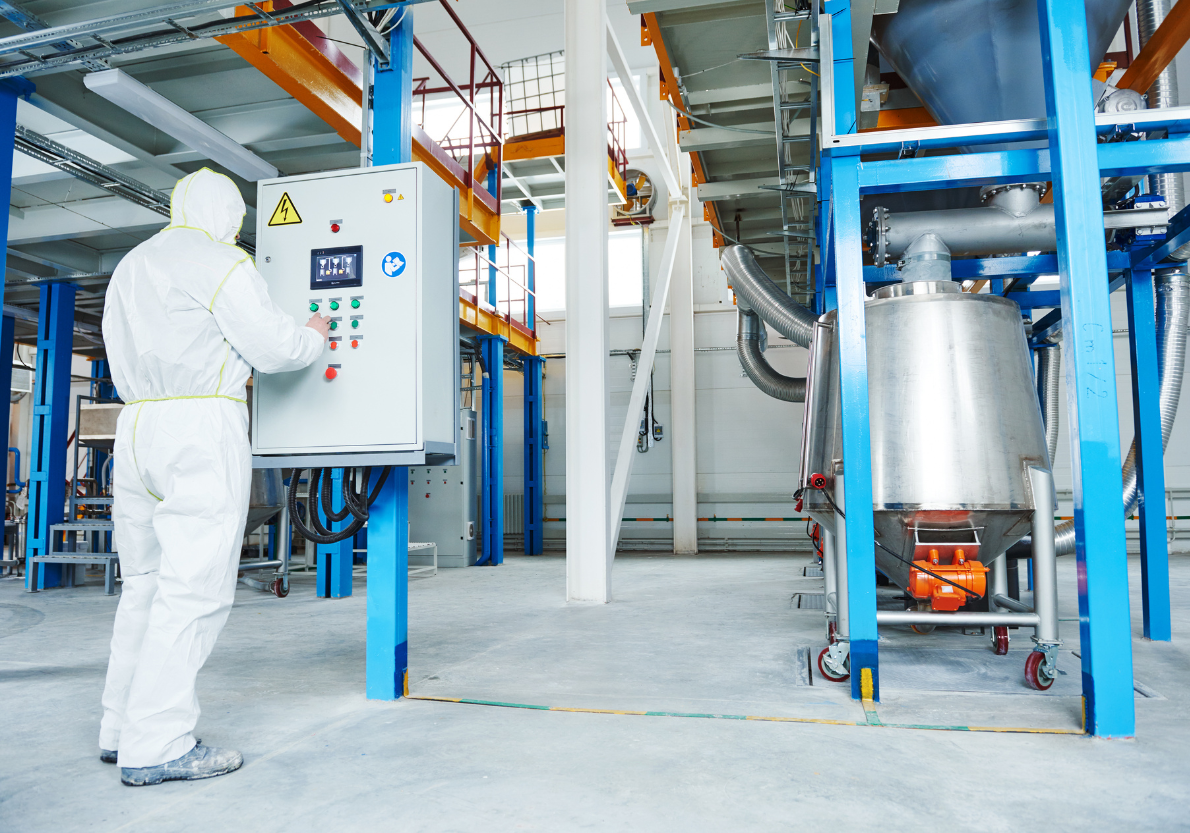
Batch Reactor Systems
Batch reactor systems offer a reliable and flexible way to manufacture a wide range of chemical products and allow for better control over each reaction step, making them an ideal choice for many chemical manufacturers.
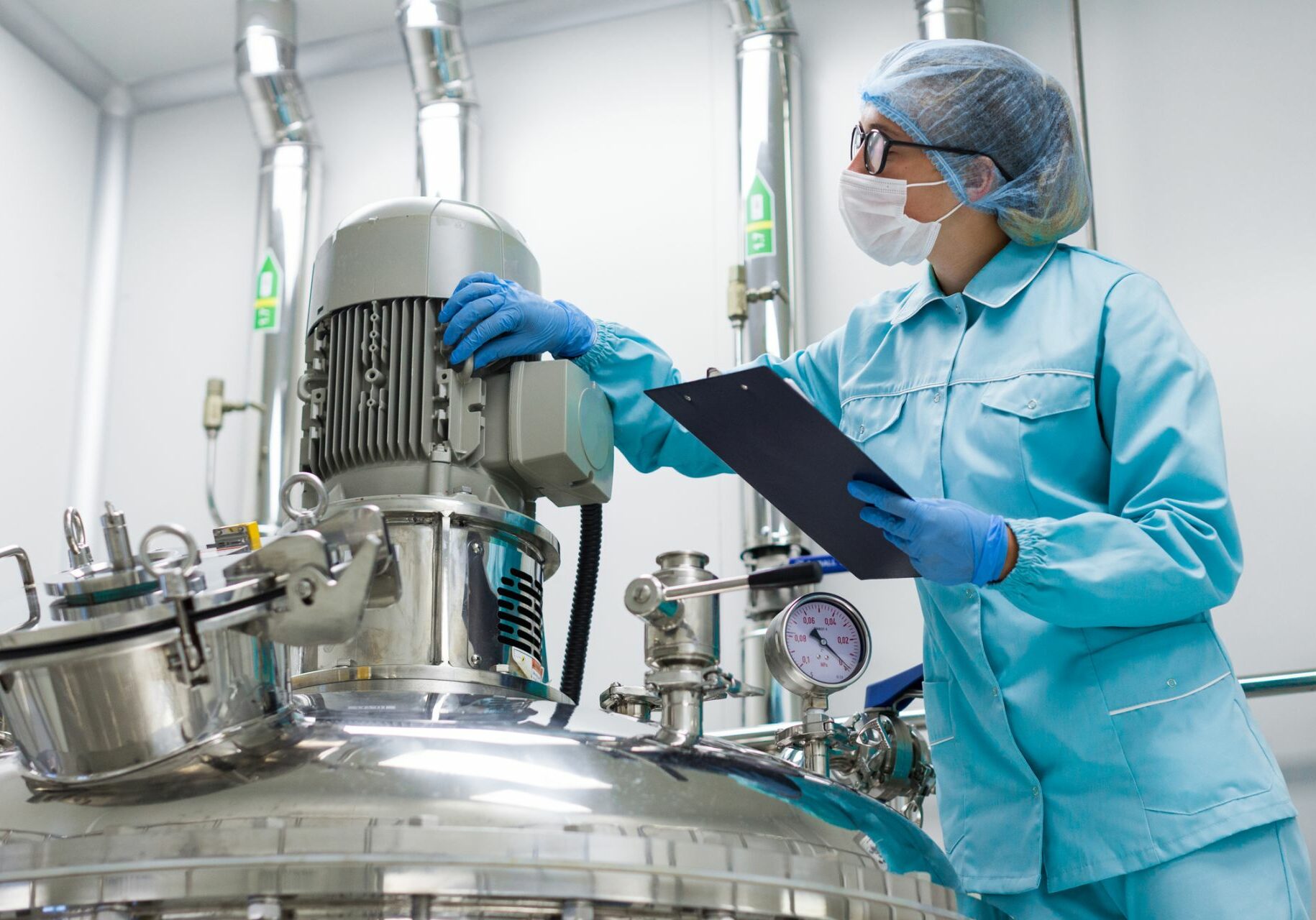
Continuous Reactors
Our continuous reactor systems offer productivity, reliability, and cost advantages for chemical manufacturing. Turn-key systems can be delivered.
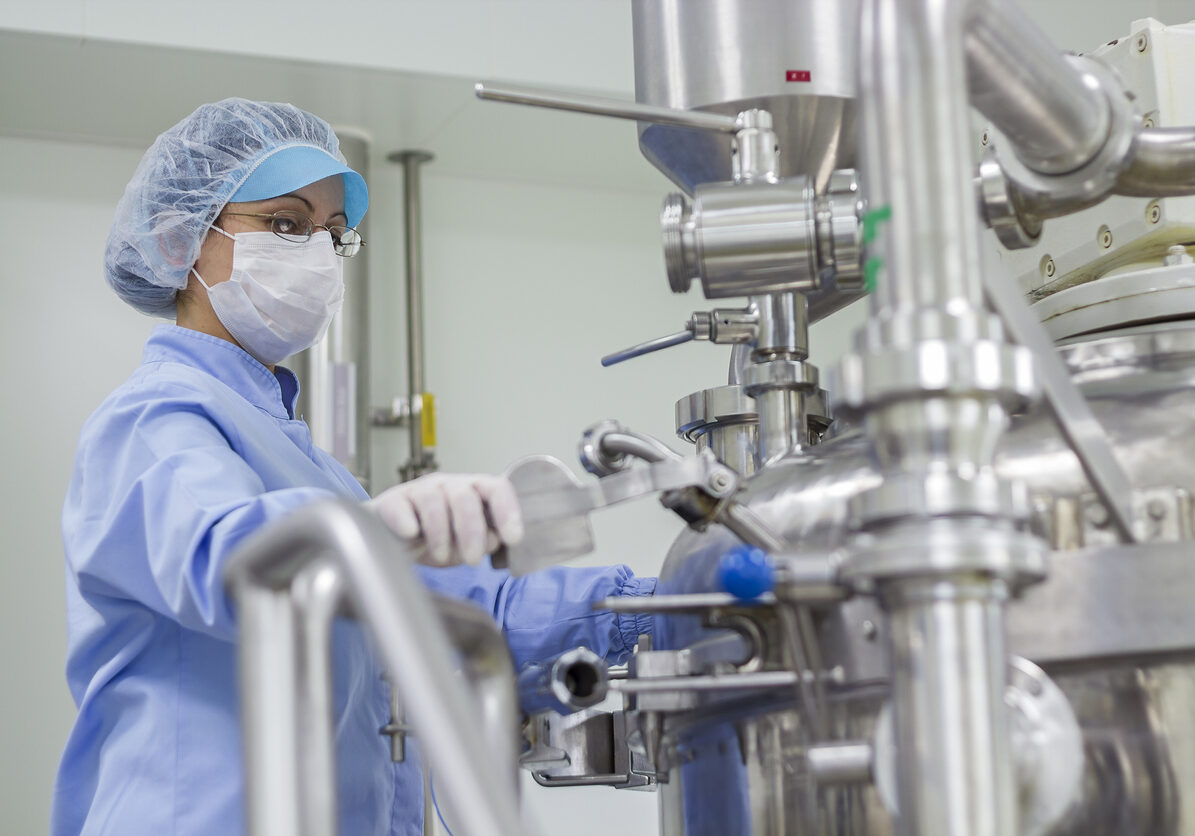
Modular Process Systems
Designed for flexible just in time manufacturing, our modular process systems are the perfect tools for increasing productivity and driving profitability.
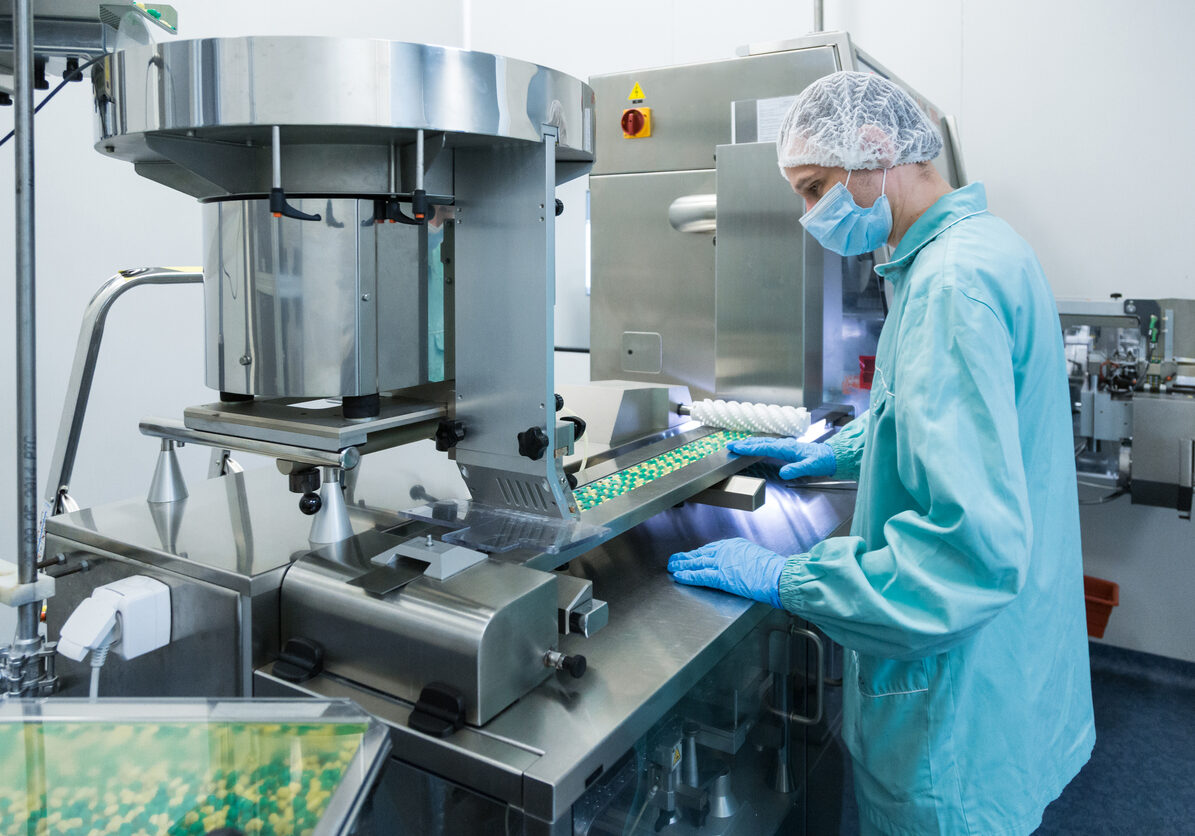
Separation Systems
Separation Systems are integral to a variety of industries that involve the processing of complex chemical mixtures that require safe, efficient, and reliable process equipment.
Process Catalysts
Metal Oxide Catalysts (MOC)
MOC products offer advantages as it can be used in both reductive and oxidative environments. Other advantages include high strength, attrition resistance, and tunable surface properties for various applications.
Custom Catalysts
Delivering on a foundation of catalyst development of over 30 years, we offer monolith-based, particulate catalysts, PGM, and base-metal catalysts.
Activated Carbon Monolith Catalysts (ACMC)
At Applied Catalysts, we strive to meet the unique needs of every customer. Whether you have a particular catalyst type in mind or need some additional guidance, we can help find the best solutions through all stages, from development to commercialization.
Granular Activated Carbon Catalysts (GACC)
GACC products have a high surface area and inert support for numerous catalyst applications. We can help you develop, test, and deliver the right catalyst.
CATALYST PROCESSES
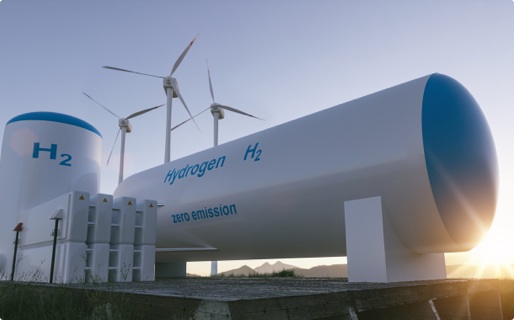
Hydrogenation
Hydrogenation is an essential process in a number of chemical process industries, including Specialty Chemicals, Pharmaceutical intermediates, and Polymers. We offer robust hydrogenation catalysts, systems, and services for a variety of classes of chemistry at the lab, pilot, and production scale.
APPLICATIONS + INDUSTRIES SERVED
Top-Quality Development of Lab, Pilot, & Commercial-Scale Reductive Alkylation Processes
Here is what you can expect:
-
catalysts proposed for your process based on internal or external catalyst options, including catalyst development, if needed
-
lab scale proof of concept or validation testing in our lab or yours
-
semi-pilot and show tube demonstrations with pilot production runs for market development
-
engineering and fabrication of modular systems
Bring Us Your Challenge

